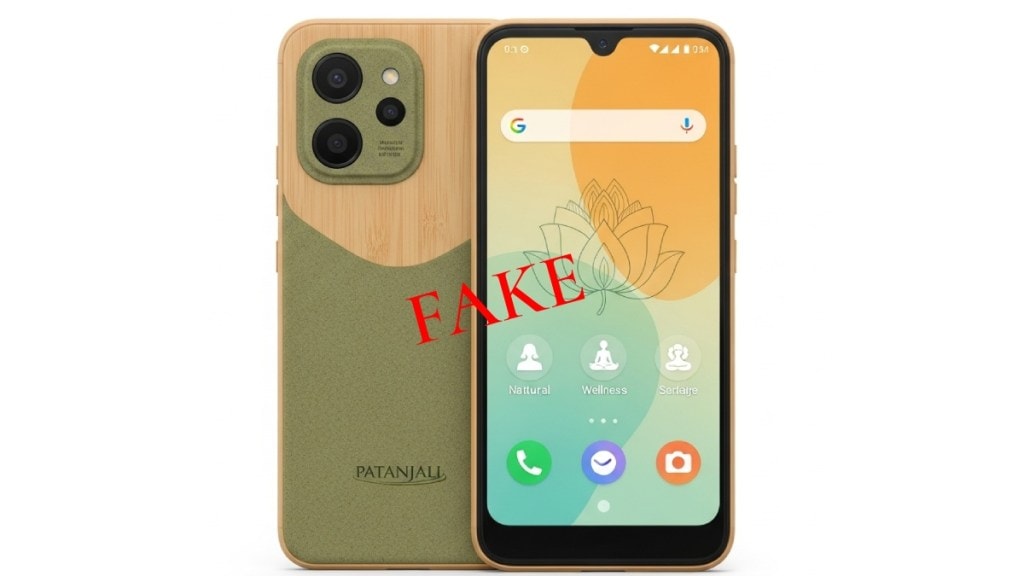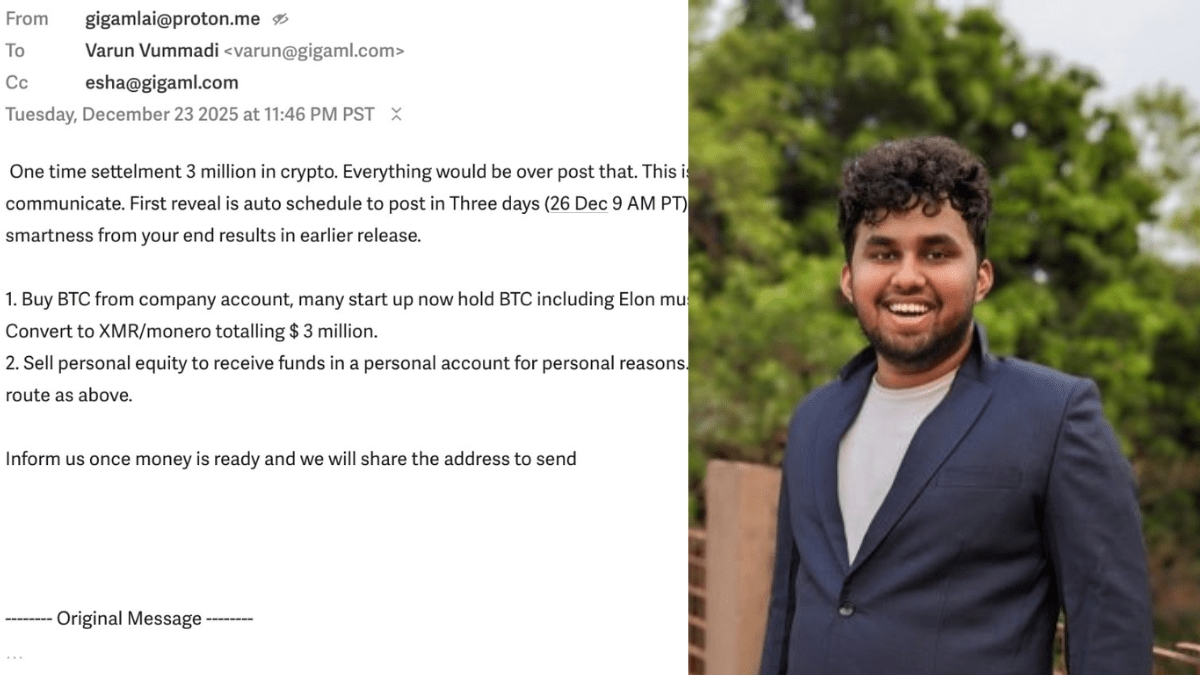If you have recently gone through certain reports of Baba Ramdev’s Patanjali’s 6G smartphone, you need to read this. Reports of a Patajali-branded smartphone have recently gone viral across the web, claiming the Ayurveda-focused consumer goods company is coming up with an affordable yet feature-rich smartphone.
The alleged Patanjali smartphone boasts an astonishing 250MP main camera, alongside 13MP and 33MP secondary sensors, a 28MP selfie camera, and a 6.74-inch Super AMOLED display with a 144Hz refresh rate. Further “specifications” included a MediaTek Dimensity 8200 processor, up to 12GB RAM, 2TB storage, and a massive 7000mAh battery with an improbable 200W fast charging capable of a full charge in just 15 minutes.
These articles even speculated on a launch in late 2024 or early 2025 with an estimated price range of Rs 25,000 to Rs 33,000, claiming it would come pre-loaded with Patanjali apps.
Fact check: The Patanjali 6G smartphone is fake
The reports detailing a Patanjali 6G smartphone with high-end specifications are entirely unfounded. A thorough fact-check reveals that these details are pure fiction. There has been no official announcement from Patanjali Ayurved or any its associated entities regarding the development or launch of any smartphone, let alone a “6G” device.
The very concept of a consumer-ready “6G smartphone” in late 2024 or early 2025 is technologically premature. 6G is still in its nascent research and development phases globally, with commercial deployment not expected for several years. Hence, for a FMCG brand like Patanjali to come up with a ‘6G smartphone’ seems entirely impossible. Leading technology brands like Apple and Samsung are yet to finalise anything on 6G technology.
Additionally, Patanjali’s core business revolves around Ayurvedic products, food, and consumer goods. While the company has previously ventured into digital services, a leap into advanced mobile hardware manufacturing with high-end specifications and an unreleased network technology is highly implausible, especially without any prior advertisement.
Hence, consumers are urged to not believe in the fake news disseminated by several websites.







